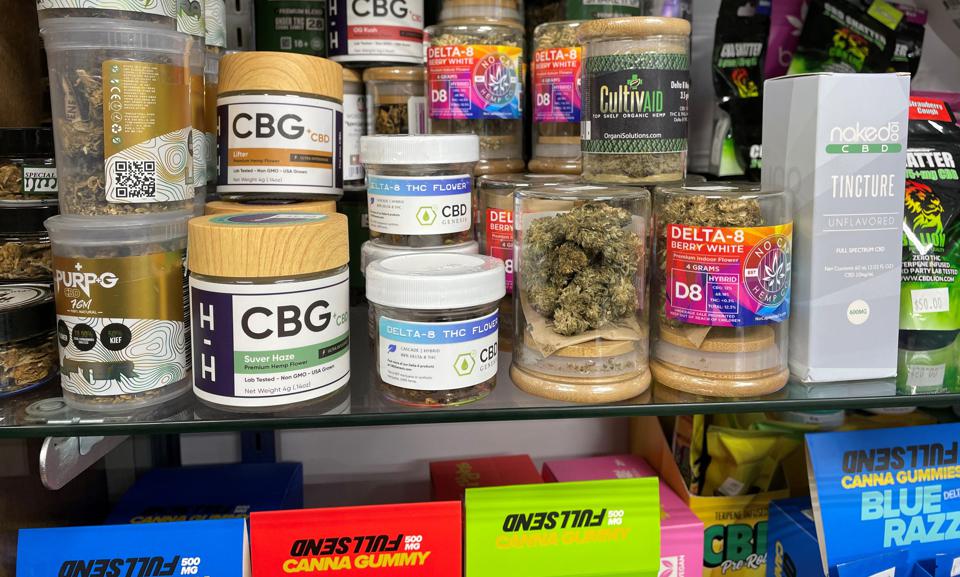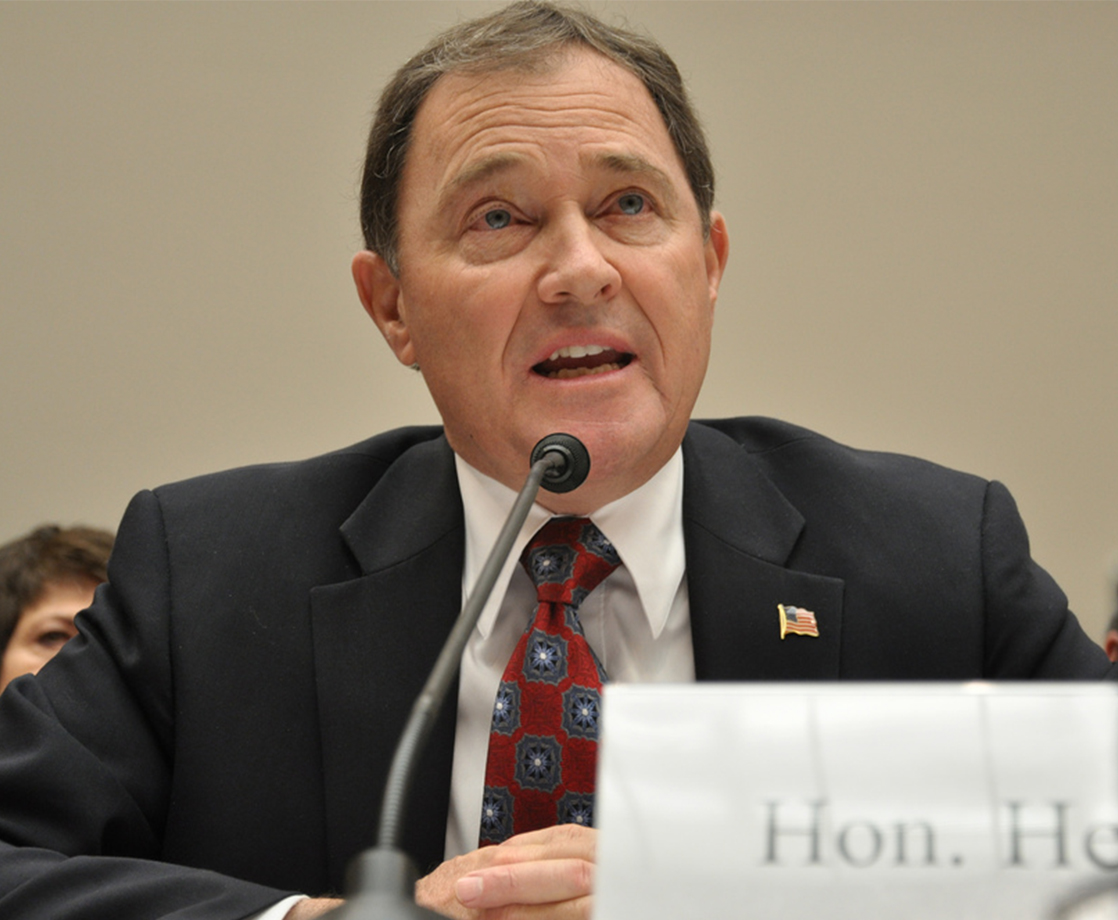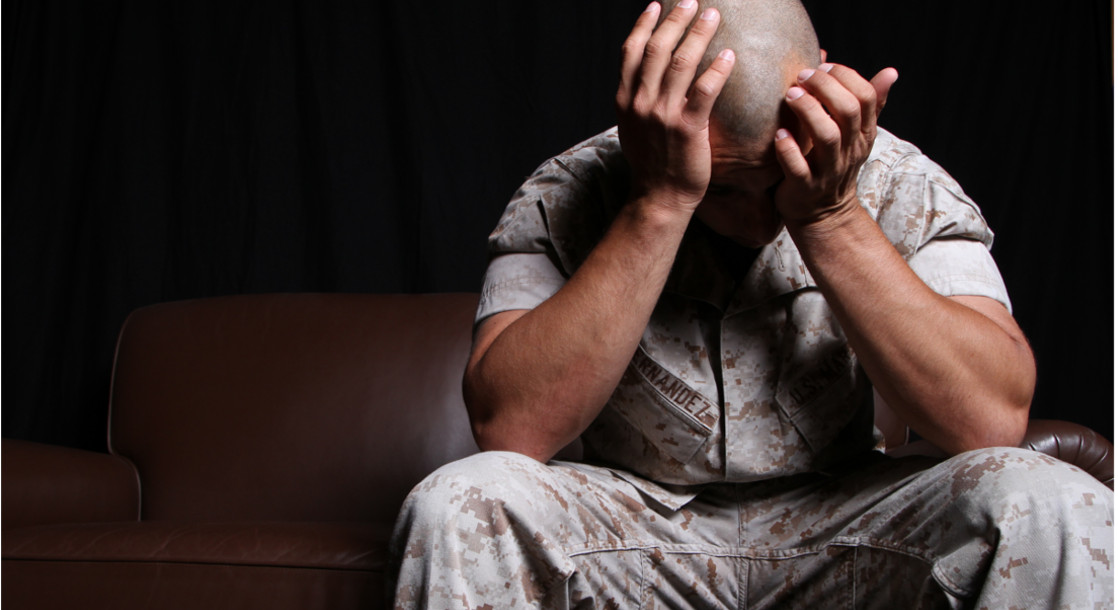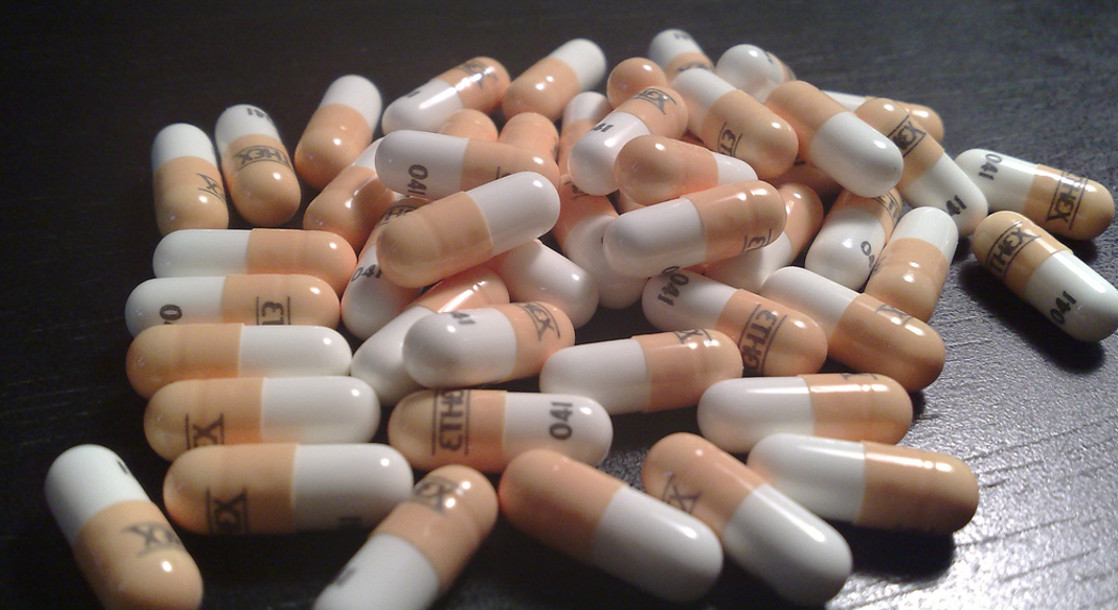The popularity of Delta-8-THC, a cannabis compound found in hemp and marijuana, has really taken off in the past year or so. Hemp stores and online retailers around the country are now offering a wide range of Delta-8 tinctures, vapes, and gummies that promise a legal, calming high that feels like a blend of CBD and traditional weed.
Everyone knows that THC is prohibited by the federal government and most US states. But these laws only specifically prohibit Delta-9-THC, the most common psychoactive cannabinoid found in marijuana. Since Delta-8-THC is extracted from hemp, and is not identical to Delta-9-THC, these products are technically legal under most state laws – for now.
Even in states where weed is legal, Delta-8 products are not covered under existing cannabis regulations. Because of this loophole, manufacturers are not required to conduct safety testing on these products, and it is also perfectly legal for minors to buy them. This cannabinoid is typically extracted from CBD using a chemical process, but this process also creates a large proportion of unknown, untested byproducts.
Oregon, one of the first states to legalize weed, is now working to become one of the first states to regulate Delta-8-THC products. “When this was brought to my attention, alarm bells went off in my head,” said Paul Rosenbaum, chair of the Oregon Liquor Control Commission (OLCC), to KTVZ News. “You have minors going into grocery stores, and they understand very well what this is all about. And let me tell you, if there’s a way to find it, people will do it.”
The OLCC seems like the ideal organization to establish statewide regulations on Delta-8 products, since the agency already regulates the state’s legal weed and alcohol industries. This agency can only issue guidance for state-licensed cannabis producers, though, and is not legally able to set rules for hemp businesses that wish to create these products.
“We don’t have sufficient authority over total THC in Oregon,” said OLCC executive director Steve Marks to KTVZ. “But until we get that and ability to do final product testing to help get these things into the right markets where they’re supposed to be, either in the unregulated hemp CBD market or into our market, it’s going to be hard.”
“Unregulated hemp has no final product testing,” Marks added. “They only test for Delta-9 in the field. You can’t regulate what you don’t test for. We’re talking about two species of the same plant. And that means that federal and state regulators need to harmonize their oversight of this plant, and work towards across-the-board testing of marijuana and hemp products designed for human consumption before they enter the marketplace.”
Since the OLCC does not have the authority to establish statewide rules, lawmakers will need to draft a new piece of legislation that covers Delta-8 and other new cannabinoids. This week, the state House General Government Committee held a meeting to discuss how to tackle this issue.
At the meeting, lawmakers discussed the possibility of only allowing state-licensed cannabis businesses to create Delta-8 products, which would leave them subject to OLCC regulations. Alternatively, legislators could pass a freestanding law that would establish safety testing for these products and prohibit their sale to minors. At present, no final decisions have been made.











